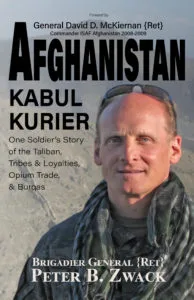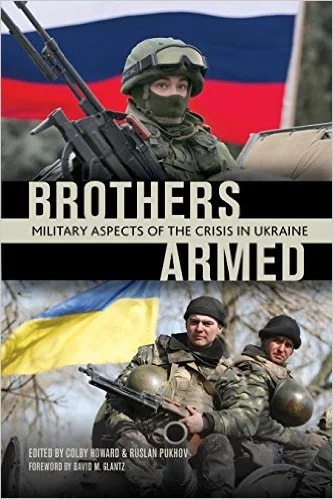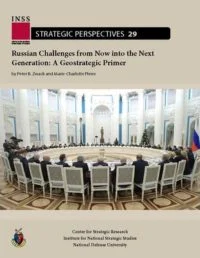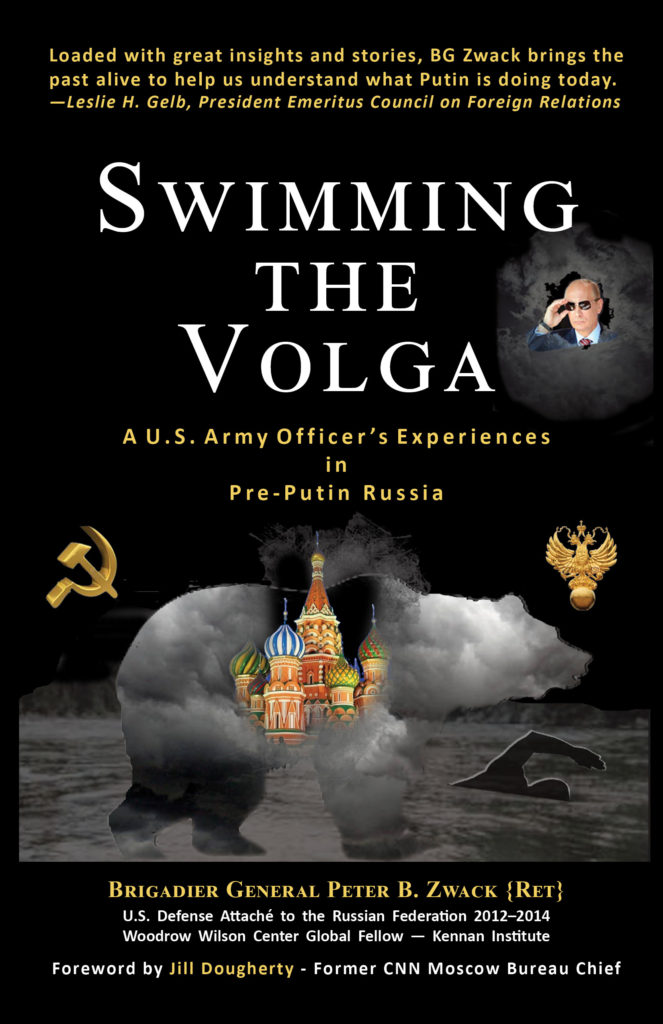U.S. and Russia Hold Talks in Abu Dhabi
U.S. Army Secretary Daniel Driscoll is meeting with Russian officials to discuss the war in Ukraine. Also, MS NOW has learned discussions are underway for a meeting with President Trump and Ukrainian President Zelenskyy by the end of the month. MS NOW International Reporter Ines de La Cuetara shares the latest updates on the peace negotiations in Abu Dhabi. Retired U.S. Army Brig. Gen. Peter Zwack joins Ana Cabrera to discuss Russia launching new attacks on Ukraine.November 25, 2025







